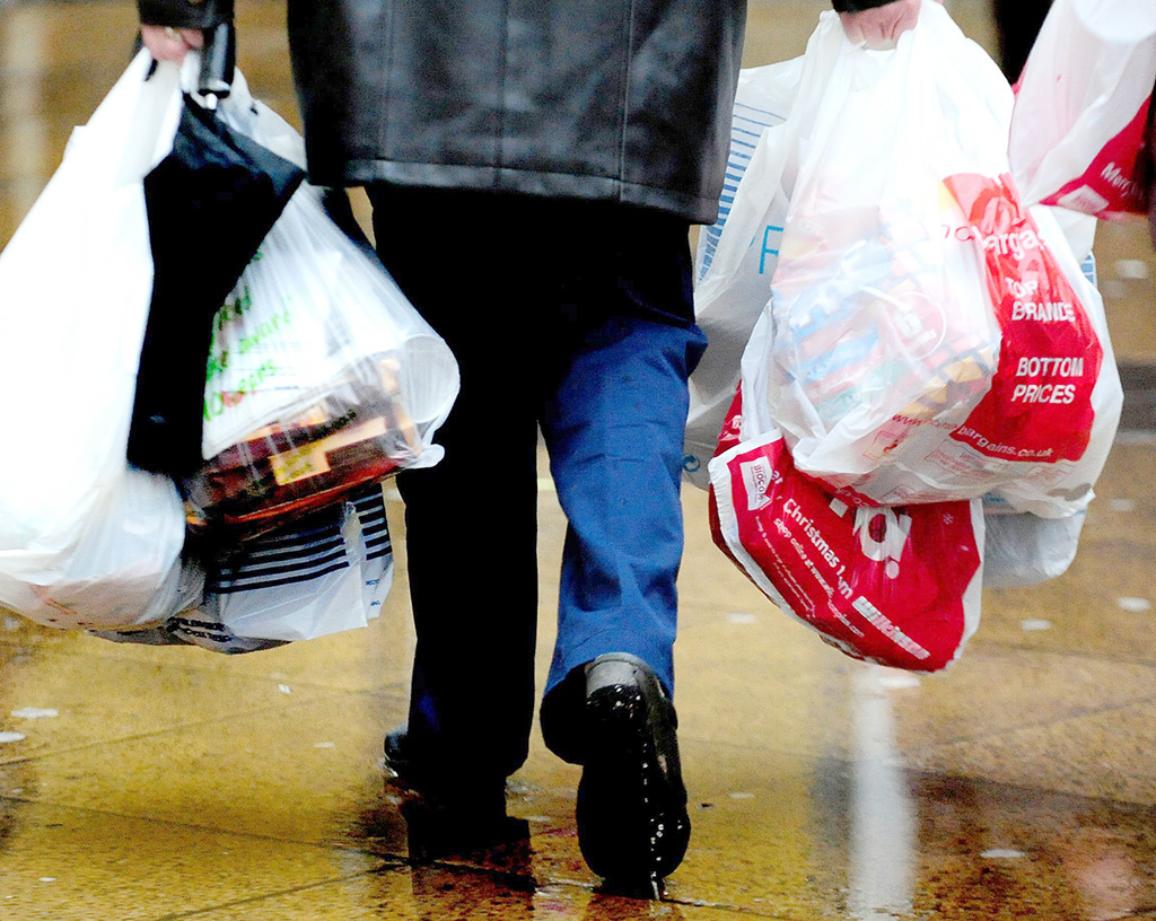MEPs clamp down on wasteful use of plastic carrier bags
EU countries would have to reduce the use of the most common and most polluting plastic bags by at at least 80% by 2019, under draft rules backed by Parliament on Wednesday. MEPs recommend using taxes and levies, marketing restrictions or bans. Plastic carrier bag litter is a major environmental problem, known to pollute water bodies and aquatic eco-systems in particular.
"MEPs have today voted to significantly strengthen draft EU rules aimed at reducing plastic bag use and waste, notably to include obligatory European reduction targets and a requirement that plastic bags come at a cost. As front-running countries have demonstrated, dramatically reducing the consumption of these disposable bags is easily achievable with coherent policy. Swiftly phasing out these bags is a readily implementable solution to the pervasive problem of plastic waste in the environment," said lead MEP Margrete Auken (Greens/EFA, DK), whose report was approved by 539 votes to 51, with 72 abstentions.
Reduction targets: 50% by 2017, 80% by 2019
MEPs say that lightweight plastic bags thinner than 50 microns – the vast majority of plastic carrier bags used in the EU – are less reusable than thicker models and become waste more quickly. They are also more prone to littering the environment
Member states would have to at least halve their consumption by 2017 and reduce it by 80% two years later - compared to 2010 figures. They should use measures such as taxes, levies, marketing restrictions or bans to stop shops from giving out plastic bags for free, except for very light ones, used to wrap loose foods such as raw meat, fish and dairy products.
Plastic bags used to wrap foods such as fruit, vegetables and confectionery should be replaced by 2019 by carrier bags made of recycled paper or biodegradable and compostable bags. Requirements for compostable and biodegradable packaging should be amended, MEPs say.
Background
In 2010 every EU citizen used an estimated 198 plastic carrier bags, some 90% of which were lightweight; these are re-used less frequently than thicker bags and are more prone to littering. In a business-as-usual scenario, consumption of plastic bags is expected to increase further. Estimates also suggest that over eight billion plastic carrier bags became litter in the EU in 2010.
Next steps
Parliament voted at first reading to ensure that the work done during this mandate can be taken up by the new Parliament and used as a basis for further negotiations with EU member states.
